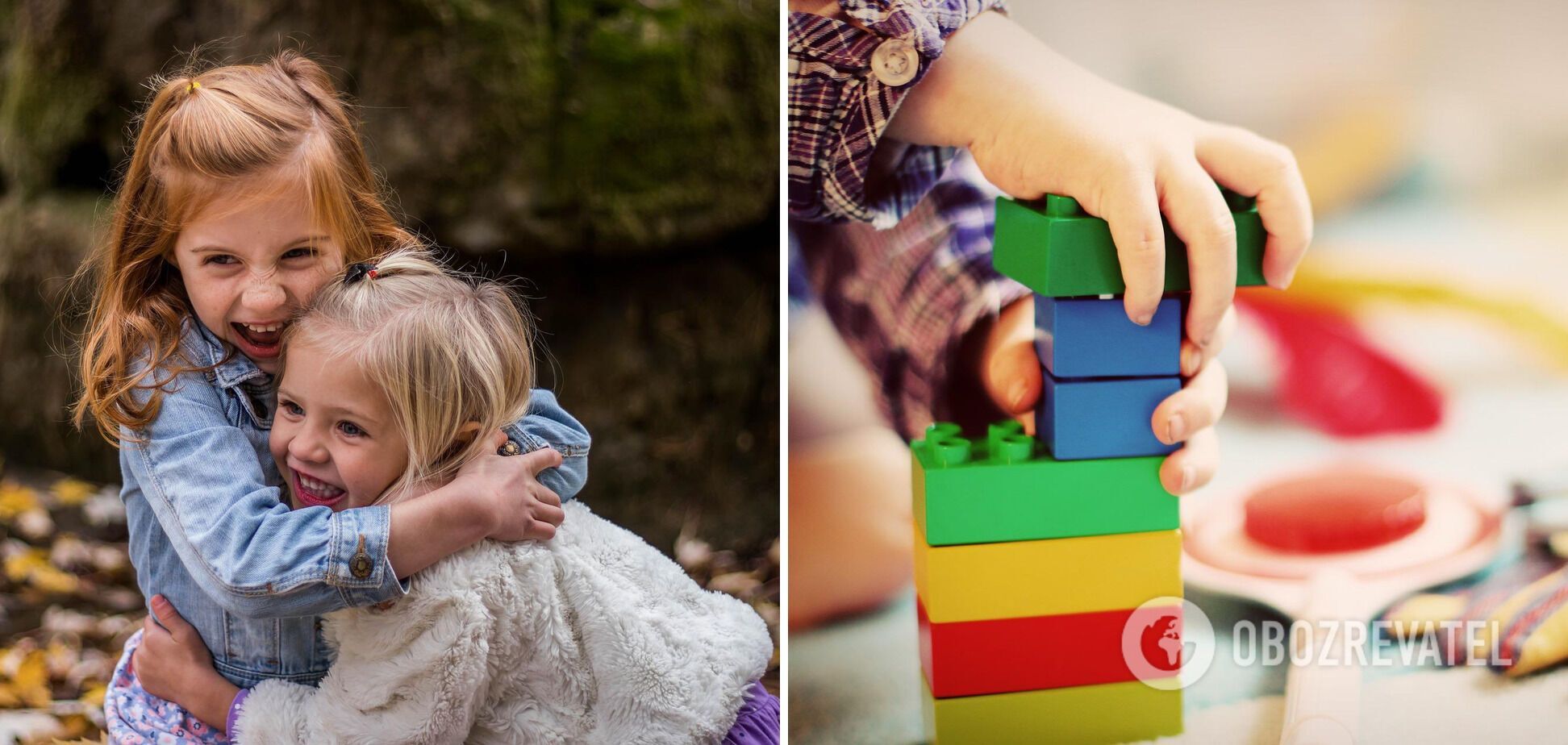Life
Seven poisonous phrases that destroy your child's self-esteem
All children are born with high self-esteem, but in the process of upbringing, parents often destroy it, reducing it to a critical minimum. This happens in everyday life, when adults do not realize the full meaning of their words, throwing them into the child's psyche. Some common phrases that parents say to their children without thinking about the consequences of what they say can be deadly for their children's self-esteem, because they are automatically fixed in the mind.
Psychologists and authors of the book "Don't Program Your Child" Roberta Cavallo and Antonio Panarese said that it is better not to tell children in order not to undermine their faith in themselves. They cited seven poisonous phrases that destroy children's self-esteem. This was reported by Рsychologies.
1. Are you stupid?
All his life, a child thought he was smart until he heard this. And from the most important people in his life. This means that it is true. Thus, the child will already think of himself as stupid and insecure.
The best thing to say is: "I know you didn't do it on purpose." Or just ask: "What don't you understand?" The child should be given the opportunity to express himself.
2. Stop it now!
In this case, the child does not understand what he or she has done wrong. It is better to analyze the situation and also ask what he/she really wants, what is not satisfactory, and why he/she did it.
3. What do you even understand?
The child understands everything. But in his own way. However, if he hears such a phrase, he will be sure of the opposite and feel stupid.
You shouldn't judge children. They should be given the opportunity to explain their position. "Speak up, dear, I'm listening to you," "Tell me what you think about it." You need to take what children say seriously.
4. Are you sure you won't succeed?
Hearing this phrase from a loved one, a child will believe in them to the tips of their fingers.
It is better to say: "Why should it suddenly fail?", "Try it", "Try again... Calmly... It will work out for sure," "What do you need to do to make it work?" Children should be encouraged to make the right decision.
5. What a horror!
The child will perceive this phrase in the most terrible way. He will never do what he did again.
Say something like this: "How do we clean it up now?", "How do we fix it?", "Did you have fun? Come here, I'll give you something to change into", "Wow, that's a lot of crayons! Gather/let's collect them together!", "Do you like spilling water? You shouldn't do that on the table! Come here, I'll give you a basin and plastic cups." Help your child to do the right thing.
6. Okay, that's enough... I'll do it myself, it's faster.
The child will feel guilty about everything - being late, being slow, wasting time.
Calm him down and help him: "Try... Try again... Don't worry. I'll wait." Say: "While you are busy, I will start the laundry. If you need me, call me", and, of course, organize a time allowance.
7. Nothing good will come of it!
The child believes in himself, but adults know better. After this phrase, he or she will act to his or her detriment to prove the truth of the words.
First, make a list of your child's positive qualities and focus on them. Second, think about the reasons for your despair. Perhaps you are simply not in harmony with yourself or have high demands on life.
As OBOZREVATEL previously reported, there are typical problems faced by women who experienced an acute lack of maternal attention in childhood. These are inadequate self-esteem, hypersensitivity, difficulty setting boundaries, inability to say "no," a tendency to please others, acceptance of other people's attitudes and beliefs, fear of getting into disputes, and others.
Only verified information is available on our Obozrevatel Telegram channel. Don't fall for fakes!






























